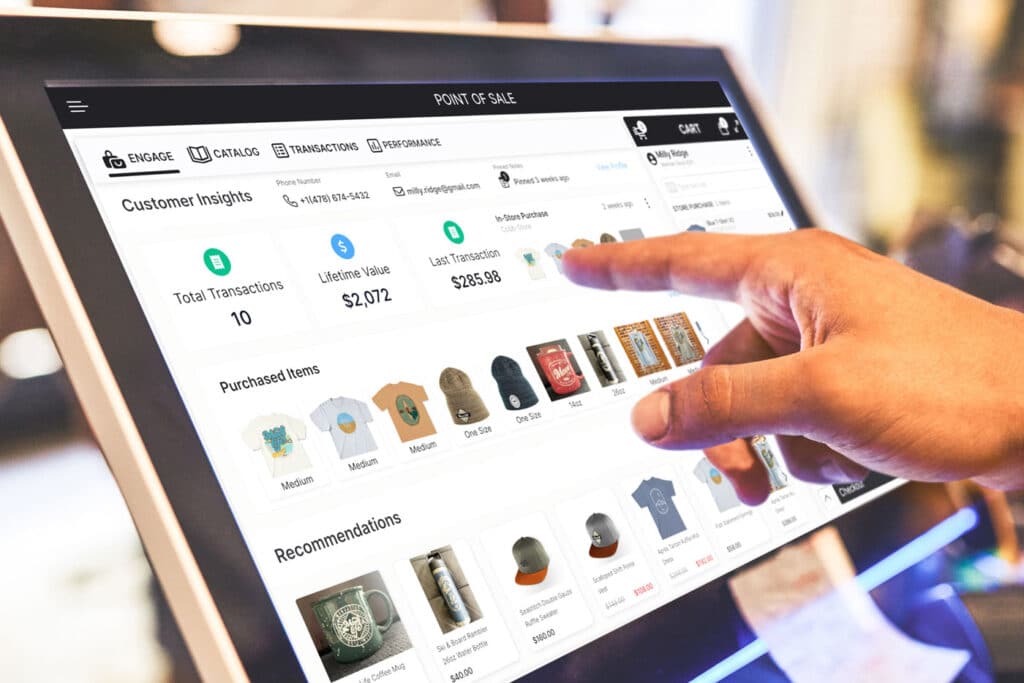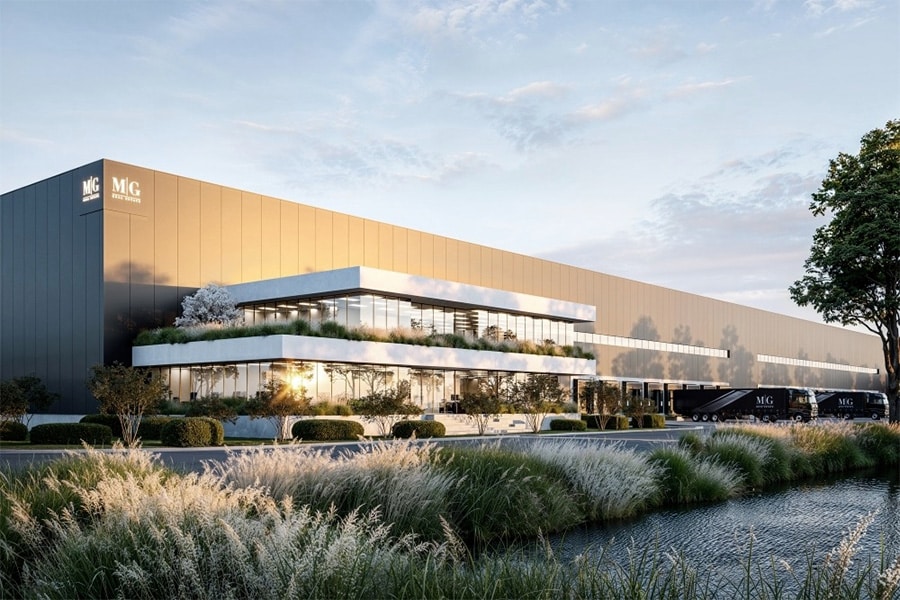
Manhattan study: retail leaders' store personnel influence up to 34% of digital purchases
Physical stores play an increasingly important role in consumers' digital customer journey. At retail leaders, store personnel are involved in as much as 34% of online purchases - that's one and a half times more than at less sophisticated chains. According to research from Manhattan Associates, conducted by Incisiv, which rated 220 retailers on more than 300 capabilities. By actively engaging store teams in digital interactions, leading brands achieve higher customer satisfaction, increased conversion and stronger customer loyalty.
Store personnel play crucial role in digital customer journey
80% of retail leaders are equipping their store teams with complete customer context and service tools that enable employees to best meet customer needs both in-store and across digital channels. 73% of these retailers equip their teams with clienteling tools that work cross-channel, and 55% enable employees to create and share personalized digital product selections with customers. Furthermore, 60% of the retail leaders equip their stores with self-service tools to complement the expertise of store associates.
Stores as fulfillment hub cut costs and speed up delivery
Retailers that effectively leverage their store network as a fulfillment hub reduce their last-mile delivery costs by as much as 31%, while delivery times only improve. Moreover, real-time inventory visibility and dynamic allocation allows these retailers to convert inventory 1.5 times faster than less mature chains. This leads to 24% higher customer satisfaction and 13% less customer turnover.
Physical stores enhance customer loyalty and brand experience
Physical stores are used not only for sales, but also as community hubs. 70% of retail leaders organize events, workshops and customer sessions in their stores to drive engagement. In addition, 80% of these retailers ensure that their store teams are able to actively gather customer feedback and act on it. This results in 1.3 times higher engagement in loyalty and feedback programs.
Service from the store increases customer satisfaction and loyalty
Stores that function as full-service support centers - think returns, repairs and customization - provide a significant competitive advantage. 80% of retail leaders take this into account when designing their stores, leading to 22% higher customer lifetime value. In doing so, six in 10 retail leaders use their physical stores to support sustainable initiatives, such as recycling and second-hand sales. The initial fulfillment experience is proving critical for repeat purchases. Retailers that offer a personalized and seamless fulfillment experience through trained store personnel see a 16% higher likelihood of repeat purchases. In doing so, seamless alignment across channels drives 22% lower return rates and 1.3 times higher customer satisfaction.
Pieter Van den Broecke, EMEA Leader, Supply Chain Commerce Strategies at Manhattan Associates: "According to CBS figures the Netherlands again had more physical stores in 2024 than the year before; a trend that I expect to continue in 2025. Retailers who invest in their physical stores and use them as an extension of their digital strategy achieve structurally better results. Stores have long since ceased to be a cost item, but are the beating heart of the modern customer experience. By cleverly combining technology and human contact, retailers can transform the store into a place where sales, service and brand experience come together seamlessly."



